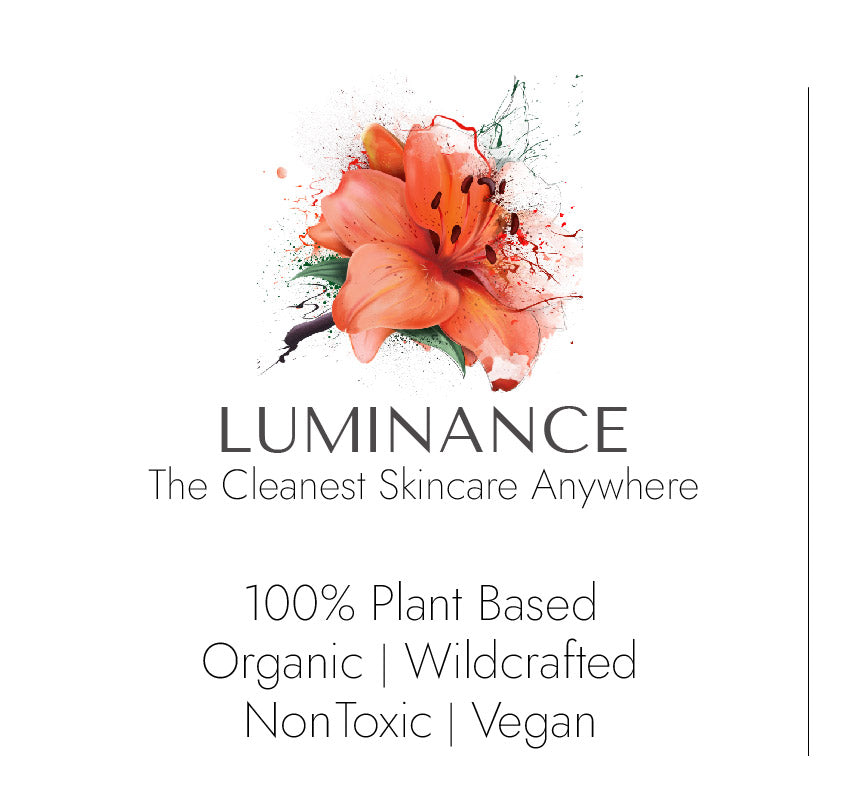Why Keeping The pH Balance Of Your Skin In Extremely Important.
Introduction
In the context of skin health, pH refers to the acidity or alkalinity of the skin's surface. The skin's natural pH is slightly acidic, typically ranging from about 4.5 to 5.5. This mildly acidic environment is crucial for maintaining the skin's barrier function, overall health, and appearance. Here's why pH is so important to the health of the skin:
Understanding pH: The Basics

pH is a measure of the acidity or alkalinity of a substance. The pH scale ranges from 0 to 14, with 7 being neutral. Below 7 is considered acidic, while above 7 is alkaline. The skin has a natural pH balance, typically ranging between 4.5 and 5.5, making it slightly acidic. This acidity is crucial for maintaining the skin's protective barrier and overall health.
The Skin's Acid Mantle: A Protective Shield
The skin's slightly acidic pH is essential for maintaining a robust and effective barrier known as the acid mantle. The acid mantle is a fine, protective film composed of sweat, sebum, and natural moisturizing factors. It serves as the first line of defense against environmental aggressors, pollutants, and harmful microorganisms. An optimal acid mantle supports the skin's ability to retain moisture and nutrients, while also preventing excessive dryness and irritation.

Here's Why The pH Of Your Skin Is Critical And What It Means To The Health Of Your Skin
-
Protective Barrier Function: The skin's acid mantle, which is the slightly acidic layer on its surface, acts as a protective barrier against harmful microorganisms, pollutants, and environmental aggressors. This acidic environment helps discourage the growth of potentially harmful bacteria that could lead to infections or skin issues.
-
Regulation of Beneficial Microorganisms: The skin is home to a diverse community of beneficial microorganisms known as the skin microbiome. The slightly acidic pH of the skin supports the growth of beneficial microorganisms while inhibiting the growth of harmful ones. This balance is crucial for maintaining healthy skin and preventing issues like acne and other skin conditions.
-
Maintenance of Moisture Balance: The skin's pH level affects its ability to retain moisture. Slightly acidic pH helps to regulate the activity of enzymes that contribute to maintaining the skin's moisture barrier. A well-maintained moisture barrier prevents water loss and helps the skin stay hydrated and supple.
-
Skin Comfort and Sensitivity: When the skin's pH is in its optimal range, it feels comfortable and less prone to sensitivity, redness, and irritation. Changes in pH can disrupt the skin's barrier function, making it more susceptible to external irritants and allergens.
-
Impact on Product Effectiveness: The pH of skincare products can influence their effectiveness. Some skincare ingredients, such as alpha hydroxy acids (AHAs) and beta hydroxy acids (BHAs), work best at specific pH levels. Using products with an appropriate pH ensures that these active ingredients perform optimally and deliver their intended benefits.
-
Aging and Skin Disorders: Maintaining the skin's natural pH can help slow down the aging process and reduce the risk of skin disorders. An imbalanced pH can contribute to conditions like eczema, psoriasis, and acne.
Controlling Facial Skin pH: Best Practices
- Gentle Cleansing: Choose a pH balanced plant based facial cleanser with a pH close to that of your skin (slightly acidic). Harsh cleansers can strip away the skin's natural oils and disrupt the acid mantle of your skin.
- Balance With A Floral Water Toner: It is essential to rebalance your skins pH after cleansing and rinsing. This is because the pH of the water used in the rinse is always too high for your skin. So always opt for skincare products that are formulated within the skin's optimal pH range. This ensures that your products work harmoniously with your skin's natural state.
- Moisturize With Acidic Ingredients: Incorporate skincare products containing naturally acidic ingredients like plant based oils and extractions. These will help adjust and set the pH of your skin in a healthy range
- Avoid Abrasive And Acid Exfoliaters: Enzyme exfoliation is both highly effective and extremely gentle. Gently removing dead skin cells without damaging your living skin. Aggressive over-exfoliation with harsh products can disrupt the acid mantle and lead to an imbalanced pH. Limit exfoliation to a frequency suitable for your skin type.
Lets Wrap It All Up
In the pursuit of radiant and healthy skin, understanding the significance of maintaining a balanced pH is crucial. The skin's slightly acidic pH supports its protective barrier, moisture retention, and overall well-being. By adopting a skincare routine that respects the skin's natural pH balance and choosing products formulated within the optimal pH range, you can ensure that your skin remains resilient, youthful, and vibrant. Remember, a harmonious pH environment sets the stage for a glowing complexion and a confident you.


